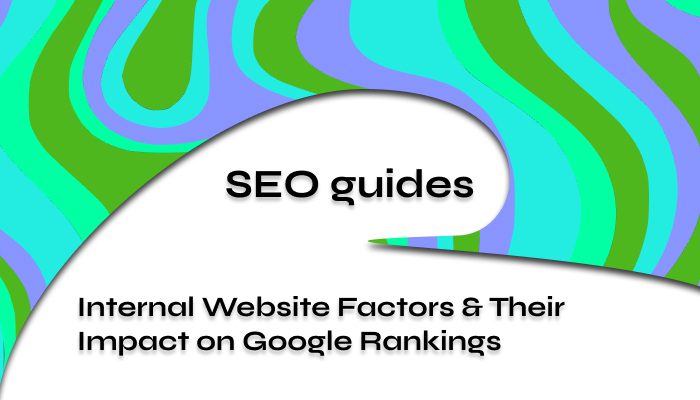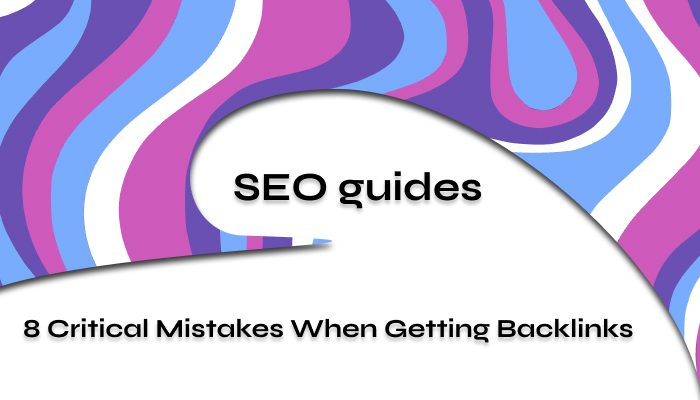There is a common belief that 97% of web pages do not receive traffic from search engines, as confirmed by Ahrefs research. At first glance, this statistic may seem alarming, but upon closer examination, several logical reasons for this can be found. Nathan Gotch provides 3 reasons why this might happen:
- Repetitive tactics didn’t work;
- Incorrect tactics;
- Inexperience.
But let’s consider Lyndon NA’s point of view. First, not every page can occupy top positions in the SERP, where the majority of clicks are concentrated. It’s simply a matter of competition and visibility.
Another significant factor is content duplication. Google indicates that a large portion of the web consists of duplicated content, which it aims to filter out. As a result, such pages appear less frequently in search results.
Additionally, there is user bias: people often prefer familiar brands or names, which naturally attract a larger share of clicks.
The concept of deliberately targeting “low-hanging fruit” or pages with low or zero search volume is good in intentions but can lead to minimal or zero traffic. This is because, fundamentally, if there is no demand for the content, there will be no traffic.
It’s important to note that the effectiveness of SEO strategies can vary greatly depending on specific queries and levels of competition. Even the most experienced SEO specialists, who know everything about on-page website features, can struggle to gain traffic in areas dominated by established players or saturated with thousands of competitors. This reality has led to the development of strategies focused on finding niches with less competition or on long-tail queries.
However, it’s critically important to remember that not all content should be created with SEO as the primary goal. The primary objective should always be achieving business goals and meeting the needs and desires of potential customers. A diversified approach to traffic generation, including direct visits, social media, community engagement, and email marketing, is often more effective.
In some cases, certain pages may not be intended for indexing or ranking by search engines at all. This may include canonical versions, pages with filters or facets, and syndicated content.
The reasons why a page may not receive traffic from search engines can be multifactorial, ranging from lack of link building, poor intent alignment and bad website navigation to simply no search demand.
Ultimately, success in SEO relies less on specific tactics and more on careful research, strategic planning, and understanding the competitive landscape. Acknowledging limitations, available resources, and setting realistic goals are key components of a successful strategy.
It’s also worth noting that the landscape of web traffic is evolving. Factors such as Google features that keep users within its ecosystem, the emergence of specialized Google experiences, and the increasing use of voice assistants are likely to further influence traffic patterns.











